The growing demand for sustainable farming practices has led to an increased interest in organic fertilizers as a viable alternative to chemical fertilizers. Organic Fertilizer Production Plants are at the forefront of this shift, transforming raw organic materials into nutrient-rich fertilizers that improve soil health and promote environmentally friendly agriculture. Understanding the key processes involved in an Organic Fertilizer Production Plant is essential for optimizing production efficiency, ensuring product quality, and meeting the needs of modern agriculture.
1. Raw Material Selection and Preparation in organic fertilizer production plant
The foundation of any high-quality organic fertilizer lies in the selection of the right raw materials. Organic fertilizers can be made from a variety of sources, including animal manure, plant residues, food waste, and green manure. Each raw material has distinct properties, and selecting the right combination can significantly impact the quality of the final product.
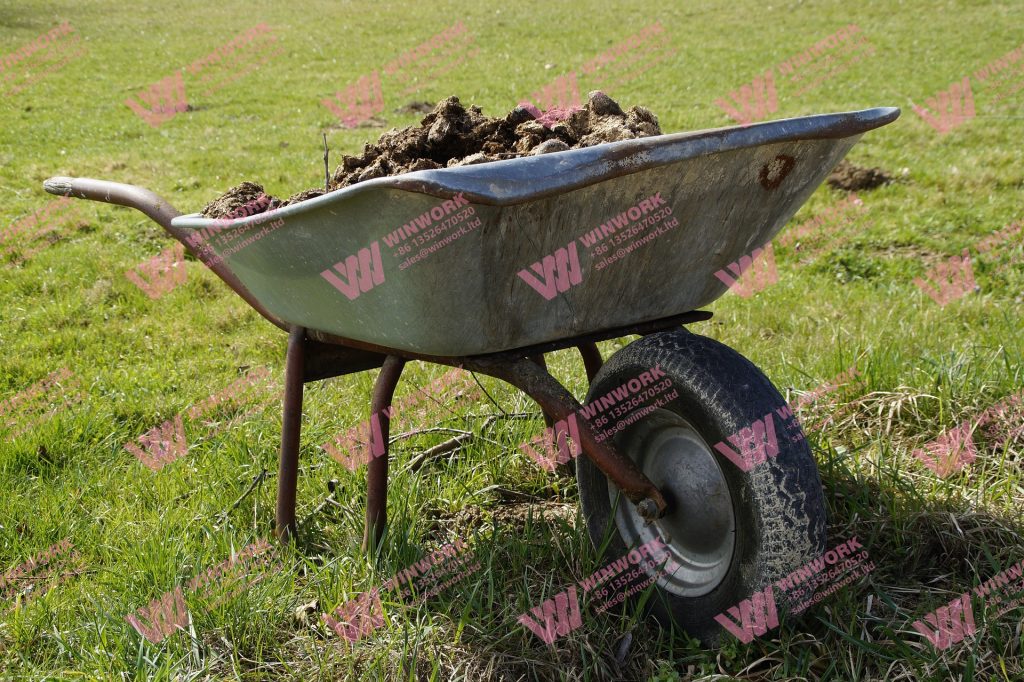
Key Raw Materials:
- Animal Manure: Cow, chicken, and horse manure are commonly used due to their high nutrient content.
- Plant Residues: Crop residues, grass, and leaves provide a rich source of organic matter.
- Food Waste: Vegetable scraps and organic by-products from food processing can also be repurposed for fertilizer production.
- Green Manure: Leguminous crops are often used for composting to improve soil fertility.
Equipment Used:
- Raw Material Crusher: A crusher is essential for reducing large organic waste into smaller, manageable pieces, making it easier to process in the organic fertilizer production plant.
- Conveyor Systems: These transport the prepared materials to the composting or fermentation area.
2. Composting Process: Aerobic Decomposition
Composting is a crucial process in the Organic Fertilizer Production Plant. It involves the microbial breakdown of organic materials in the presence of oxygen, transforming them into a nutrient-rich product known as compost. Proper composting destroys pathogens and weed seeds, ensuring a high-quality fertilizer.
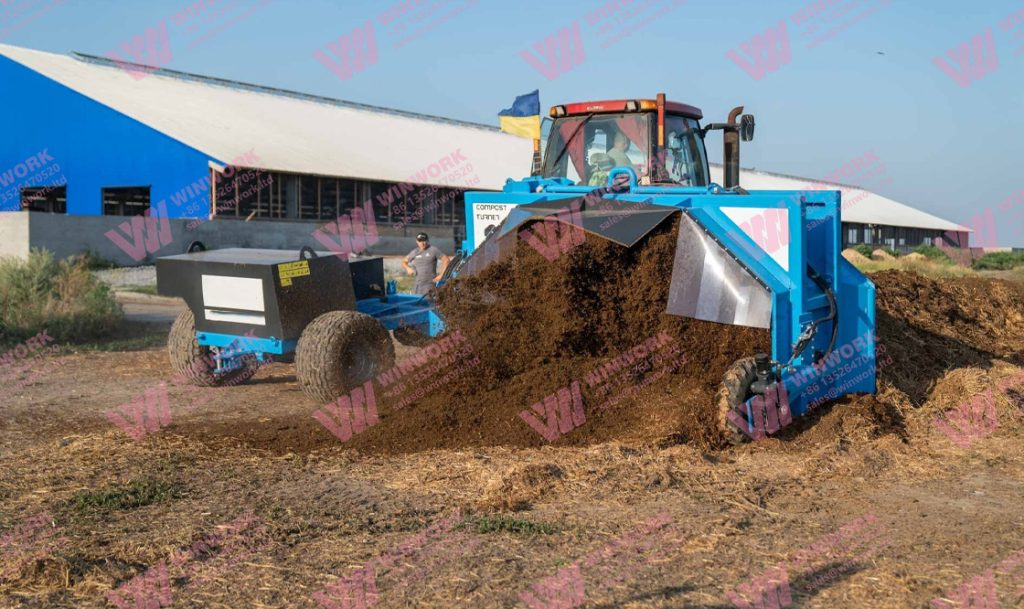
Key Composting Parameters:
- C/N Ratio: The carbon-to-nitrogen ratio must be balanced to facilitate optimal microbial activity (ideal range: 25:1 to 30:1).
- Moisture Content: Composting requires moisture levels of 50-60% for effective decomposition.
Equipment Used:
- Compost Turners: These machines are used to periodically mix and aerate the compost pile, ensuring uniform decomposition.
- Aeration Systems: These systems help maintain the necessary oxygen levels in the compost pile, promoting aerobic decomposition.
3. Fermentation and Aging
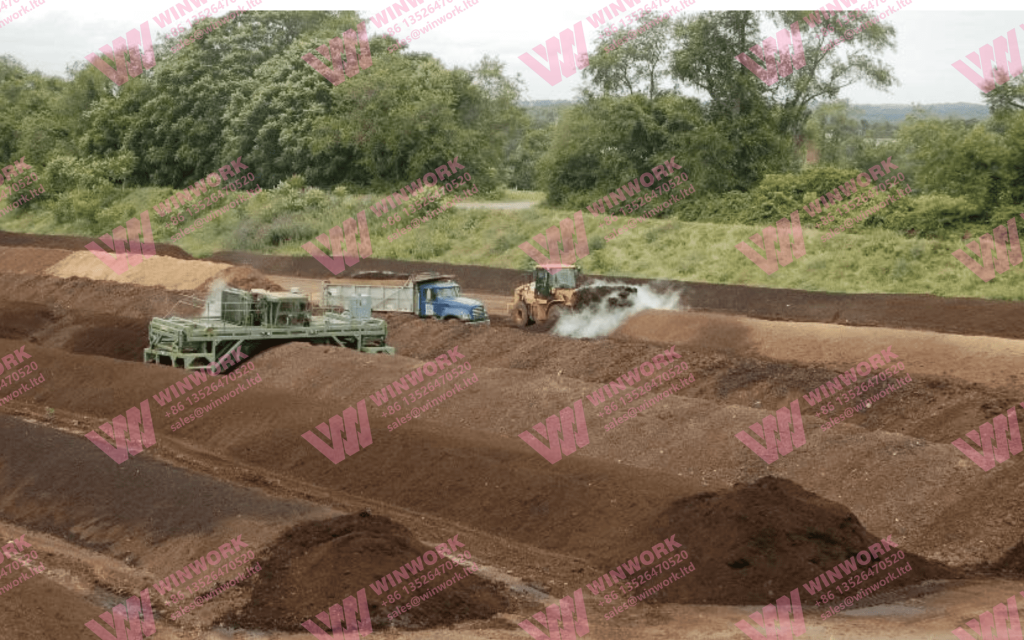
Once the composting process is complete, the material enters the fermentation or aging phase. This stage further breaks down the organic matter into simpler, more stable compounds. It also reduces the volume of the composted material while improving its texture and nutrient profile.
Key Equipment:
- Fermentation Tanks: These containers hold the compost during the fermentation process, allowing for controlled decomposition.
- Turning Machines: Used to ensure that the material is consistently mixed and that oxygen is distributed evenly throughout the pile.
4. Crushing and Grinding for Uniformity
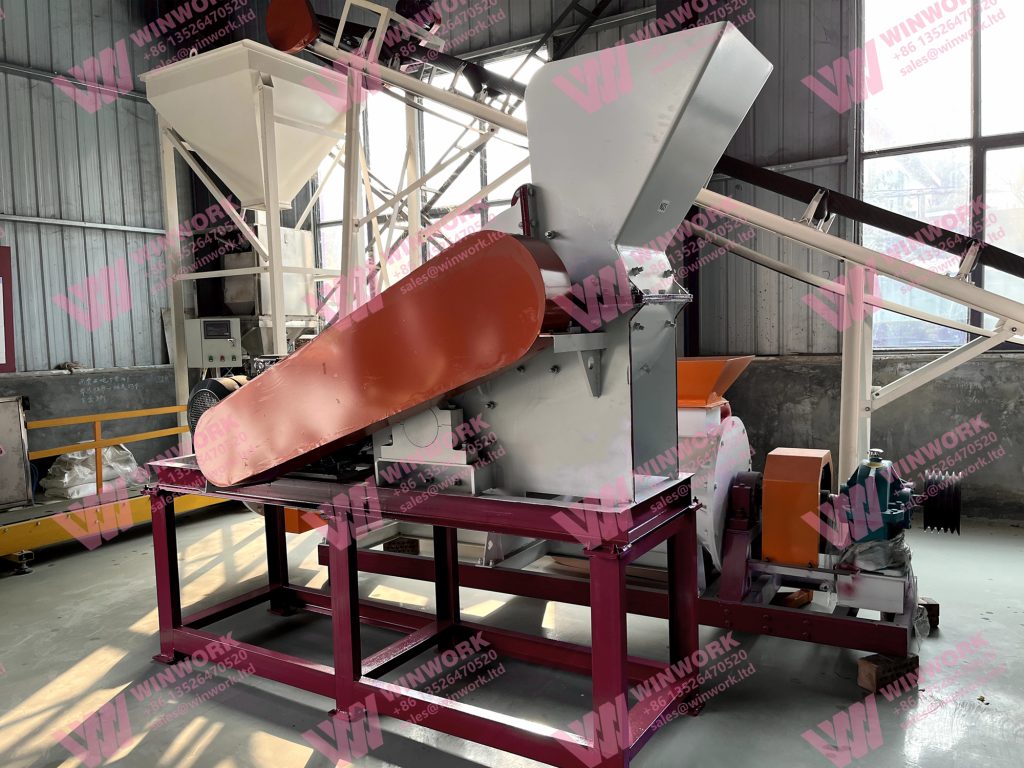
To ensure that the organic fertilizer has a uniform texture and is easy to apply to the soil, the composted material is subjected to crushing and grinding. This step helps break down larger particles into smaller, finer pieces that can be more efficiently distributed in Organic Fertilizer Production Plant.
Equipment Used:
- Crusher/Grinding Machines: Hammer mills or ball mills are typically used to break down large clumps of compost into fine particles.
- Screening Machines: After grinding, the material is screened to remove any oversized particles, ensuring that only fine, uniform particles are used for further processing.
5. Blending and Mixing
In many Organic Fertilizer Production Plant, different organic materials are blended to create a customized fertilizer mix that meets specific nutrient requirements. The blending process can include the addition of minerals or other organic matter to adjust the nitrogen, phosphorus, and potassium (NPK) content of the fertilizer.
Equipment Used:
- Blenders or Mixers: Horizontal or vertical blenders are used to mix various organic materials to create a homogeneous mixture.
- Additive Feeders: Certain nutrients or minerals can be added to the mix at this stage to enhance the fertilizer’s nutritional profile.
6. Granulation or Pelletizing
For ease of handling, storage, and application, many organic fertilizers are processed into granules or pellets. Granulation helps ensure uniform application and can also improve the shelf life and stability of the product in organic fertilizer production plant.
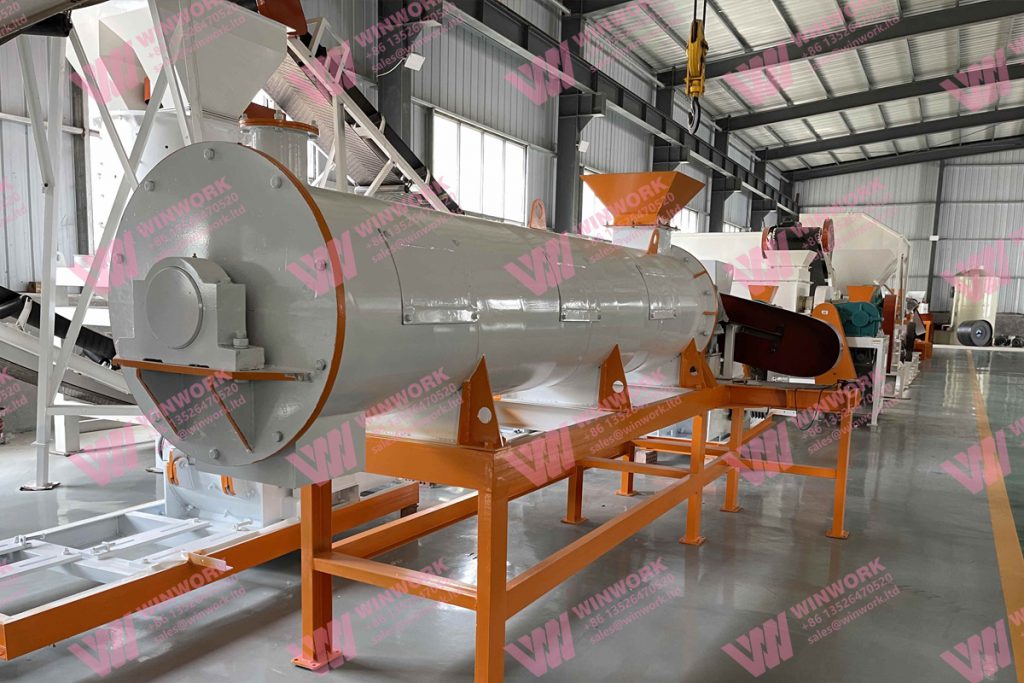
Key Methods:
- Rotary Drum Granulation: This method involves tumbling the material in a rotating drum to form granules.
- Pelletizing: The mixture is forced through die openings to form uniform pellets that are easy to package and distribute.
Equipment Used:
- Granulator or Pelletizer: These machines are used to shape the blended organic materials into granules or pellets.
- Dryers: After granulation or pelletizing, the product is dried to remove excess moisture, preventing clumping during storage.
7. Drying and Cooling
After granulation or pelleting, the fertilizer product must be dried and cooled to ensure it is stable and suitable for packaging. Excess moisture can lead to microbial growth or product degradation, so proper drying is critical in organic fertilizer production plant.
Equipment Used:
- Rotary Drum Dryer: This machine uses heat and rotation to dry the fertilizer granules or pellets.
- Cooling Machine: After drying, the fertilizer is cooled to stabilize it and ensure it retains its structure and nutrient content.
8. Packaging and Storage
The final step in the Organic Fertilizer Production Plant process is packaging. Fertilizers are typically packaged in bags or bulk containers, depending on the intended use. Proper packaging is essential for maintaining product quality and ensuring easy transportation and storage.
Equipment Used:
- Automatic Packaging Machines: These machines are used to weigh, fill, and seal bags of fertilizer.
- Sealing Machines: After packaging, the bags are sealed to prevent contamination and preserve the quality of the fertilizer.
9. Quality Control and Testing
Throughout the Organic Fertilizer Production Plant, quality control measures are implemented to ensure the final product meets industry standards and is safe for use. Fertilizer samples are regularly tested for nutrient content (such as NPK levels), moisture content, and physical characteristics.
Key Quality Control Measures:
- Nutrient Analysis: Fertilizer samples are tested to ensure the right balance of nutrients (nitrogen, phosphorus, potassium).
- Moisture Content Testing: Ensures the product is not too wet or too dry.
- Physical Testing: Ensures the granules or pellets are uniform in size and texture.
Conclusion
Understanding the key processes involved in an Organic Fertilizer Production Plant is essential for producing high-quality, environmentally friendly fertilizers. From raw material selection and composting to granulation, drying, and packaging, each stage of the production process plays a crucial role in ensuring the final product meets the needs of modern agriculture. By investing in high-quality equipment and maintaining a strict focus on quality control, organic fertilizer producers can contribute to sustainable farming practices and help improve soil health worldwide.


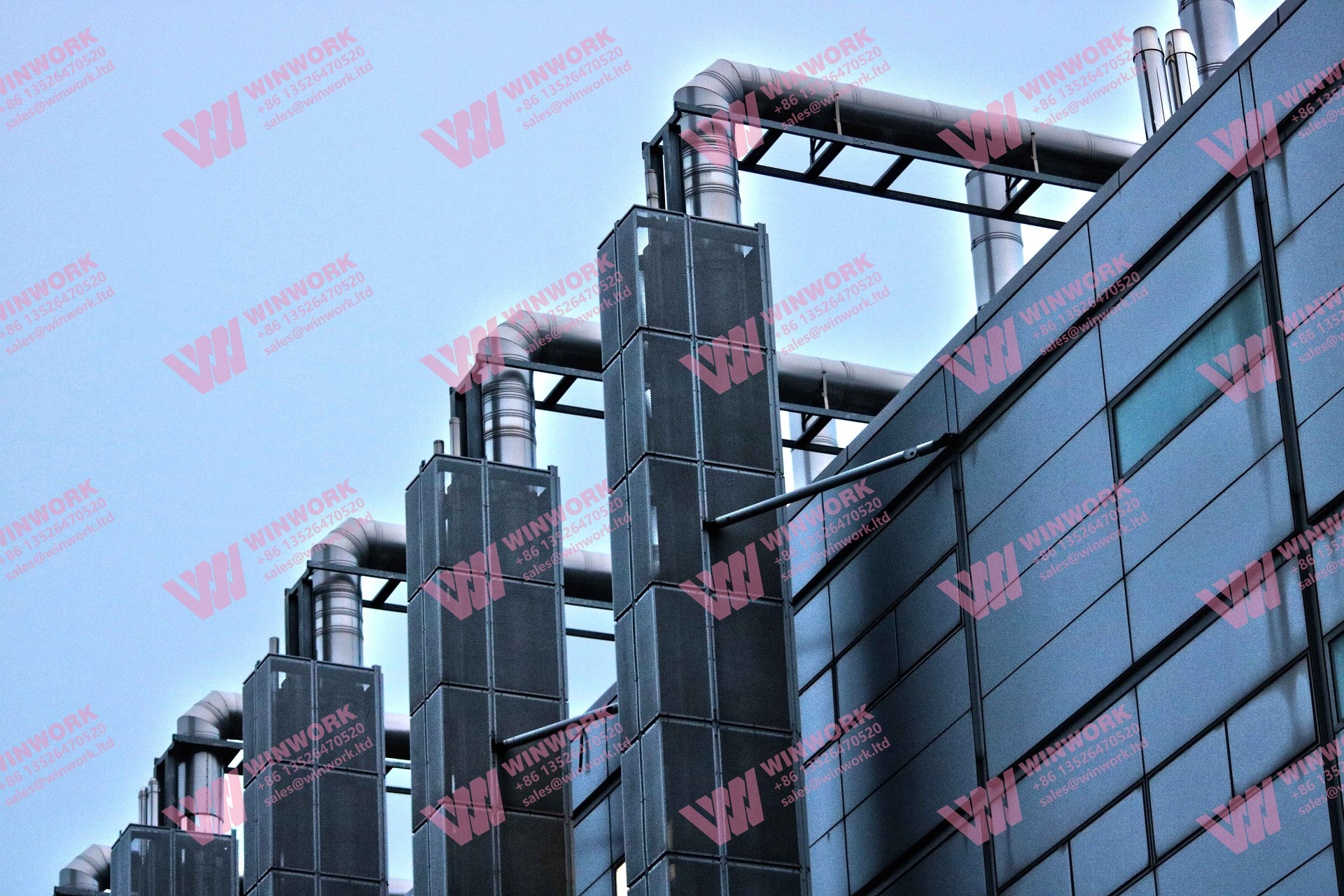
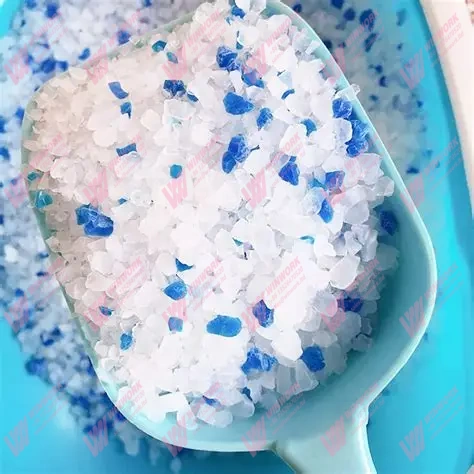
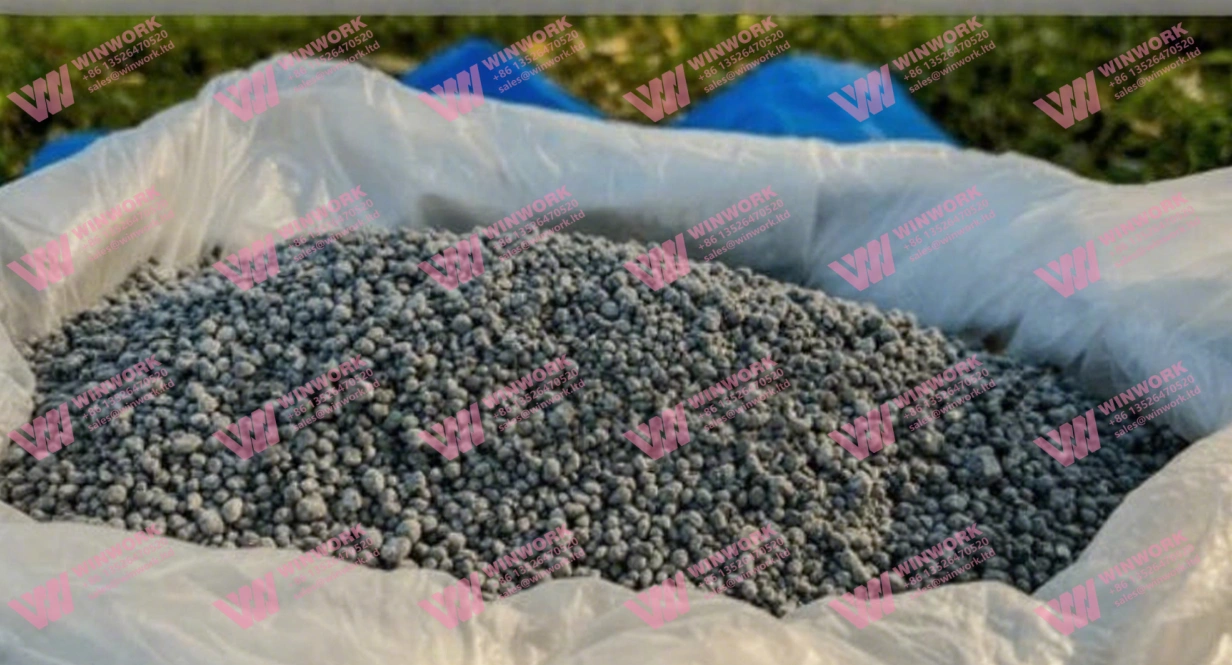
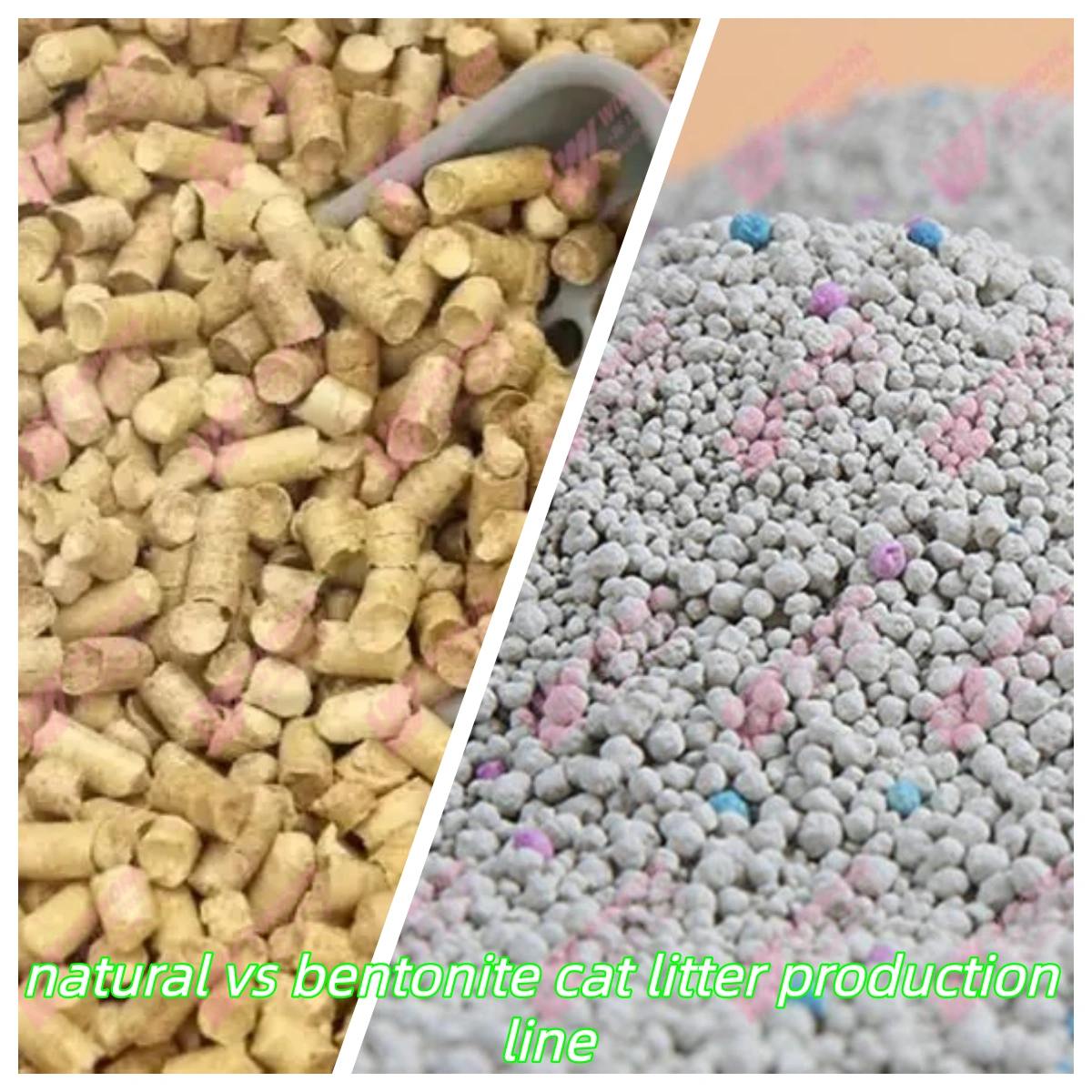
Get A Quote